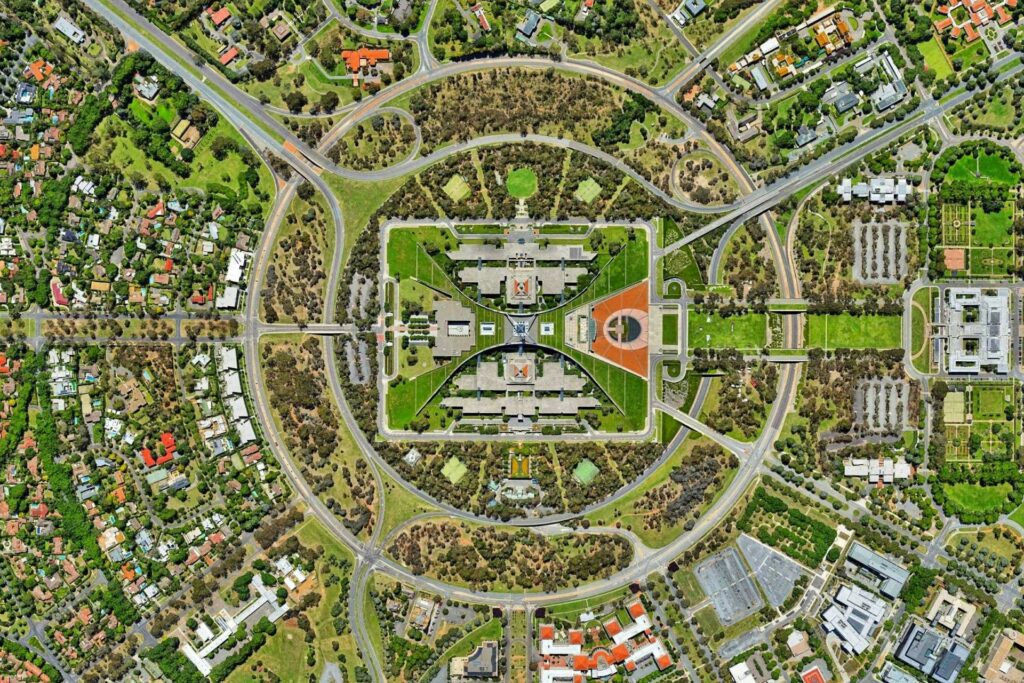Change is hard, but it’s worth it.
Dr Tessa Boyd-Caine was the founding CEO of Health Justice Australia. Originally a criminologist, she has worked in health, criminal justice and human rights organisations in Australia and internationally.
Here Tessa reflects on International Women’s Day.

I’ve always looked forward to 8 March. Some of my earliest childhood memories are of International Women’s Day marches, walking hand in hand with my mum. But in recent years I’ve often found myself at IWD events involving panels of people with interesting, often inspirational stories that somehow end up providing limited insight into the actual problem. Personal stories of sexist culture and tips about how to survive it are important and I respect people’s willingness to tell those stories. But the fact that these experiences are shared by millions of people around the world tells us that, beyond individual circumstance, there are powerful structures and systemic forces at play shaping these experiences. I’ve been frustrated at events marking IWD where discussion focuses on individual stories and falls short of naming the systemic forces behind sexism and discrimination. I’ve felt the erosion of the value of International Women’s Day and the diffusing of our responsibility, and our power, to tackle those forces.
Not so this year. I was fortunate to attend the IWD2020 breakfast panel at the The George Institute for Global Health. The terrific line up of speakers used their personal and professional experiences to call out and challenge major structural barriers: Eileen Baldry, Gabrielle Jackson, Fiona Martin, Seye Abimbola and facilitator Melina Georgousakis.
While gender was clearly central to the agenda, the discussion encompassed race and class and critically, it provided insight into how we can address these structures of power collectively. From promotion and research awards in academic culture, to the way ‘silent diseases’ are often women’s diseases, to the critical role of representing women in politics, media and global governance, this panel got straight into important territory. Intersections of experience and impact were named by panellists and audience members alike. A range of views challenged the assumption that diversity is simply a numbers game, pushing us to move beyond equal numbers of men and women, to look at the mix of class, race and culture of people ‘at the table’. Parallels across local, national and international examples reminded us of the dangers of relying on people to come forward and self-nominate, an assumption that often recreates the cultures in which some people are encouraged to flourish while others with equal or greater merit languish unacknowledged. Above all, the discussion reflected how entrenched behaviours are; how deep the structures that underpin them; how hard it is to change. And how important!
For the first time in many years, I left an IWD event feeling inspired, recharged and affirmed in my commitment to address inequality and the structures that drive it. Happy IWD 2020!





